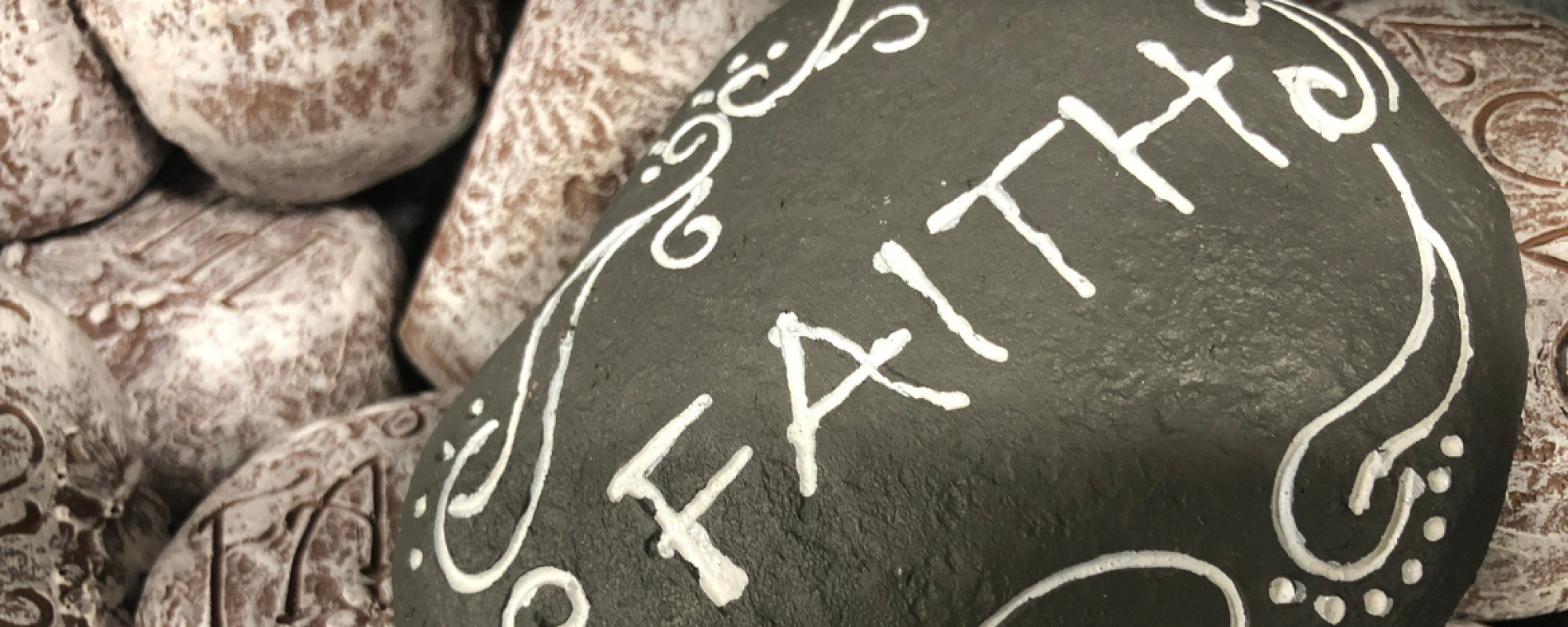For many of us, faith feels like the bedrock of identity — something constant that gives meaning, community, and stability. But the truth is that faith can shift. Some people gradually drift away from religious practices. Others experience sudden loss of belief after trauma or disappointment. Still others explore new traditions, moving from one path to another. When this happens, it can feel confusing and even frightening.
For individuals, the fading or changing of faith raises questions about belonging and meaning. Families may experience it as conflict or even betrayal. Communities often struggle to respond with compassion. In these moments, faith-based counselling provides a supportive space to explore doubts and transitions honestly, without pressure to return to the past or conform to expectations.
Why Faith Fades or Changes
Faith can change for many reasons. Sometimes it is linked to life transitions — leaving home, starting university, marriage, or parenthood. For others, it follows trauma or loss, when prayers feel unanswered or when injustice challenges belief in a loving God. Intellectual exploration may also shift perspectives, as people encounter new philosophies or scientific ideas. In some cases, it is not loss but a deepening transformation — a move from one tradition to another, or from literal to more symbolic belief.
Psychologist James Fowler, known for his “stages of faith,” described faith as a dynamic process that evolves over time. For many, questioning and change are not signs of weakness but natural parts of spiritual growth.
The Impact on Mental and Emotional Life
When faith fades, individuals often feel grief — as though they have lost a trusted companion. Anxiety may arise around questions of mortality, purpose, and morality. For some, the silence of leaving prayer or ritual feels like emptiness. For others, new freedom brings guilt. Families may misunderstand, assuming fading faith means rejecting them as well. Communities may respond with judgment, creating isolation.
At the same time, for those who choose new paths, there can be a sense of rebirth and renewal. Exploring meditation, art, nature, or new traditions can open space for meaning and joy. The journey is rarely simple; it is marked by both pain and possibility.
Faith, Doubt, and Spiritual Struggles
Research by Julie Exline on spiritual struggles highlights that doubt is not a rare crisis but a common experience. Many believers admit to periods of questioning, though few speak openly about them. Those who suppress doubt often report higher distress, while those who explore it constructively often emerge with a deeper, more resilient spirituality.
Studies also show that people who lose faith entirely may face increased risks of depression and loneliness if they also lose supportive communities. But when individuals are able to build new forms of connection and meaning, mental health outcomes improve. The key is not whether faith stays the same but whether people have safe, supportive spaces to process change.
How Counselling Helps
Faith-based counselling offers that safe space. Counsellors do not judge or pressure; instead, they listen. They help clients explore questions like: What does faith mean to me now? How has it changed? What role do I want spirituality to play in my future?
For those experiencing grief over fading belief, counselling validates the loss and helps individuals find new sources of meaning. For families, it provides tools to talk about differences with compassion rather than conflict. For those exploring new paths, therapy supports integration — ensuring that change feels like growth rather than rupture.
Importantly, counselling also helps distinguish between healthy exploration and changes driven by unresolved trauma. For example, leaving faith because of abuse in a community may require healing of both spiritual and psychological wounds. Therapy ensures that choices are made from a place of clarity, not pain alone.
Families and Communities
When faith shifts, families often feel left behind. Parents may grieve if children abandon traditions. Spouses may feel distance if partners diverge in belief. Communities may fear decline when members question long-held practices. These responses, though painful, are part of the broader impact of spiritual change.
Counselling helps families and communities reframe these transitions. Instead of focusing on what is lost, they are encouraged to ask: What values remain? How can love and respect transcend belief differences? Many families find that relationships grow stronger when they learn to honour authenticity rather than enforce conformity.
A Balanced Perspective
The fading or changing of faith is not always a crisis. For some, it is a sign of growth, maturity, and deeper authenticity. For others, it is a painful rupture that requires time and care. Both experiences deserve compassion. What matters is that people do not walk this journey alone. Counselling ensures that doubt and change are not met with silence, shame, or isolation, but with guidance, reflection, and hope.
Call for Your Reflection
Has your faith shifted, deepened, or faded in ways you have struggled to talk about? Have you felt guilt, grief, or renewal in the process? These are not unusual experiences — they are part of the journey of being human.
If you are ready to explore these questions in a safe space, we invite you to:
-
Subscribe to our newsletter for reflections on change.
-
Share this article with someone who may be going through a similar journey.
-
Book a private session with a faith-sensitive counsellor to begin your own conversation.




